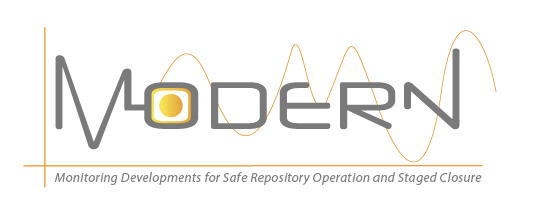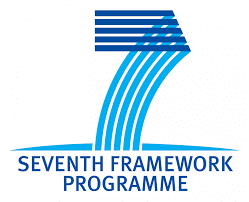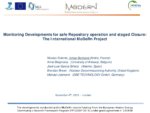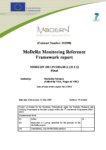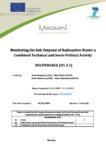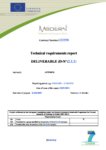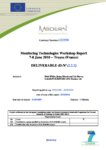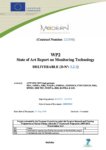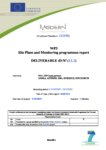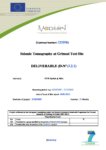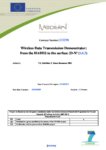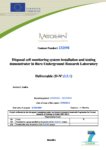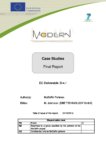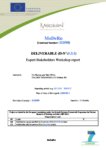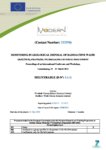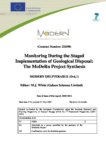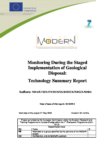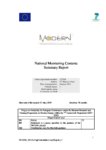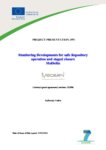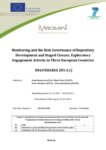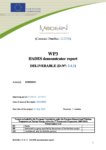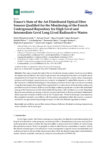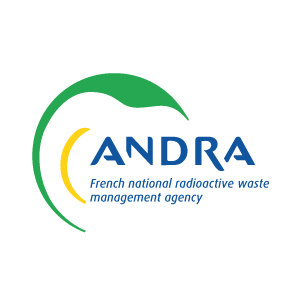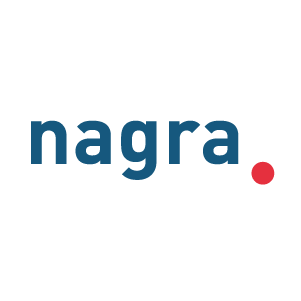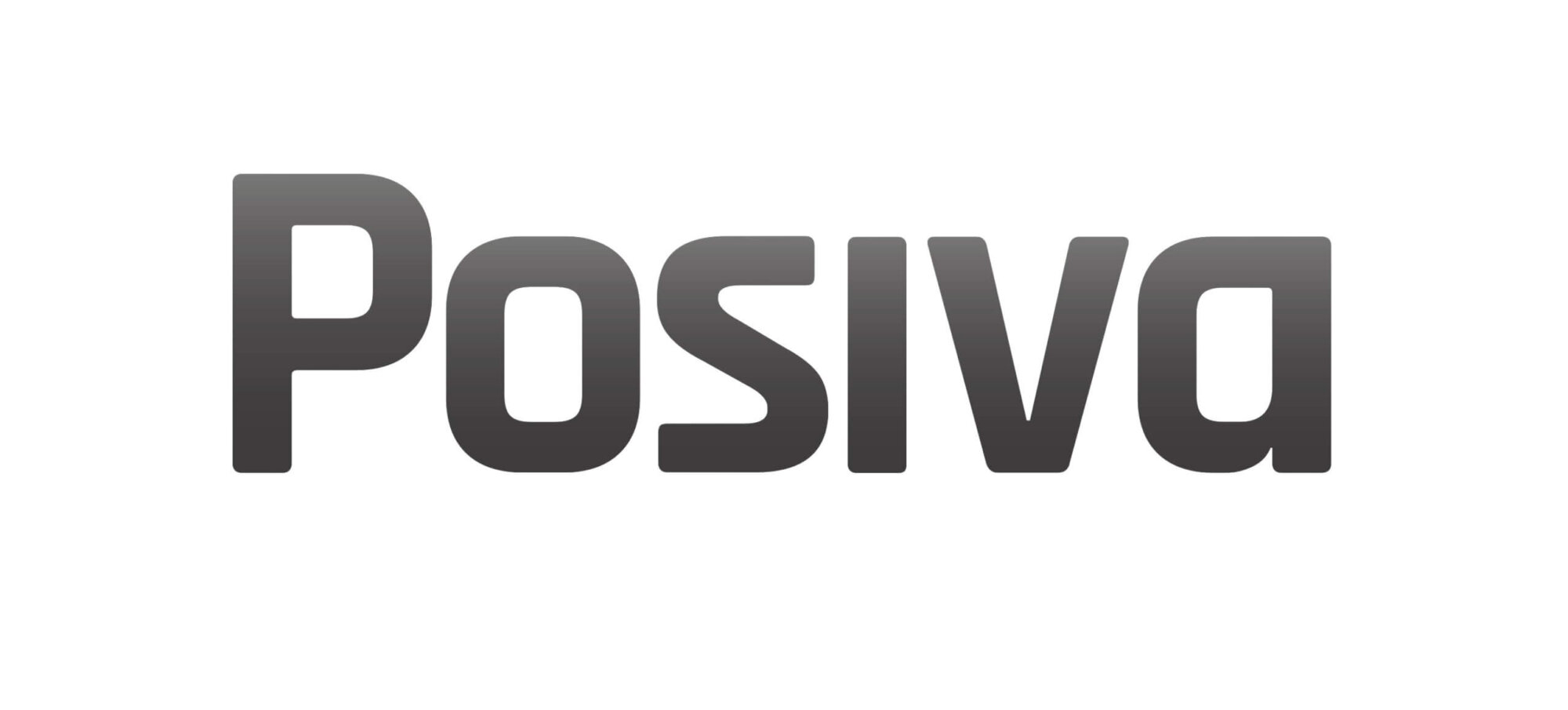MoDeRn: Monitoring Developments for Safe Repository Operation and Staged Closure
MoDeRn was a four year collaborative research project addressing how repository monitoring can contribute to the technical safety strategy and the implementation of geological disposal for long-lived radioactive waste and spent nuclear fuel, as well as contributing to public understanding of and confidence in repository behaviour.
Overview
Project Dates: 01/05/2009 – 31/10/2013
Project Status: Finished
Project Website: N/A
The MoDeRn project aimed to provide a reference framework for the development and possible implementation of monitoring activities and associated stakeholder engagement during relevant phases of the radioactive waste disposal process, for example during site characterisation, construction, operation and staged closure, as well as a post-closure institutional control phase.
Monitoring provides operators and other stakeholders with in situ data on repository evolution, to contribute to operational safety, to help manage construction, operation and/or closure activities, and may allow for comparison with prior safety assessments. It thus provides information to inform necessary decisions. If, in addition, monitoring activities respond to stakeholder needs and provide them with understandable results, they will contribute to transparency and possibly to stakeholder confidence in the disposal process.
The project was structured into six work packages (WPs). The first four WPs were dedicated to:
- analysing key objectives and proposing viable strategies, based on both technical and stakeholder considerations;
- establishing the state-of-the-art and providing technical developments to match specific repository requirements;
- conducting in situ monitoring demonstration experiments using innovative techniques;
- conducting a case study of monitoring and its integration into staged disposal, including specific scenario analysis aimed at providing guidance on how to handle and communicate monitoring results, in particular when these provide “unexpected” information.
In order to provide a shared international view on how monitoring can be developed within a given national context, WP5 recapped key dissemination activities and WP6 provided a reference framework integrating project results and describing feasible monitoring activities, suggesting relevant stakeholder engagement activities, and illustrating possible uses of monitoring results for decision-making.
Objective
The overall objective of the MoDeRn Project was to develop and document the collective understanding of repository monitoring approaches, technologies and stakeholder views to provide a reference point to support the development of specific national repository monitoring programmes. The MoDeRn Project included:
- Consideration of monitoring objectives and strategies, and the development of guidance on the development of repository monitoring programmes that takes account of the applicable technical and societal context, the staged implementation of geological disposal, the capabilities of monitoring technologies, and the requirements of stakeholders (including regulators and public stakeholders), and is suitable for supporting decision making.
- Development and demonstration of innovative monitoring technologies that enhance the ability to monitor repositories, supported by a description of technical requirements and the state-of-the-art in monitoring technologies.
- Development of case studies that illustrate the process of mapping monitoring objectives and strategies to the processes and parameters that need to be monitored in a given context, the possible design of monitoring systems, the use of monitoring to check compliance with the safety case, and possible approaches to prevent and detect failures in the monitoring system.
- Development of a better understanding of the views of public stakeholders on the role of monitoring in geological disposal, in order to provide information and guidance that could support the future development of repository-specific monitoring programmes, and, in particular, stakeholder involvement in the development and implementation of monitoring programmes.

